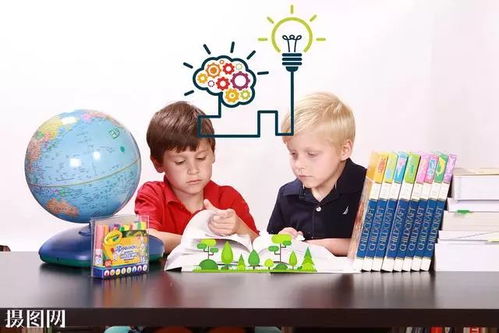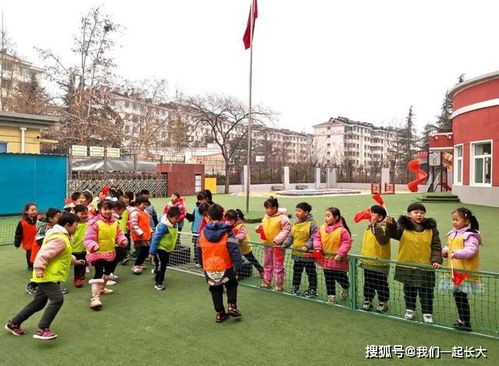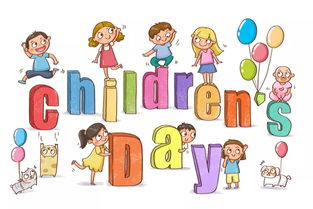Play is often seen as a frivolous activity, a pastime to be indulged in when there's nothing more important to do. However, for children, play is not just fun; it's a fundamental part of their development. This essay will explore the importance of play in the early years of education, examining how it contributes to cognitive, social, and emotional growth.
In the first years of life, children learn through exploration and interaction with their environment. Play provides a natural context for this learning. It is through play that children begin to understand the world around them, developing skills that are essential for later academic success. For instance, when a child plays with building blocks, they are not only having fun but also learning about shapes, colors, and spatial relationships. This type of play-based learning is crucial for the development of mathematical and problem-solving skills.
Moreover, play is a social activity that allows children to practice and refine their social skills. Through games and imaginative play, children learn to take turns, share, and cooperate with others. These are essential skills for building relationships and functioning effectively in a group. For example, a child playing with a group of friends on the playground must learn to communicate their needs, listen to others, and compromise to ensure everyone has a fair turn. These social interactions lay the groundwork for more complex social interactions later in life.

Emotional development is another area where play plays a significant role. Play allows children to express and manage their emotions in a safe and supportive environment. For instance, when a child acts out a scenario where they are the superhero saving the day, they are not only having fun but also working through feelings of powerlessness or fear. Through play, children can experience a range of emotions and learn to regulate them, which is a crucial skill for emotional health and resilience.
Play is also a form of physical activity, which is essential for the healthy development of a child's body. Active play helps children develop gross motor skills, such as running, jumping, and climbing, which are necessary for physical fitness and coordination. It also helps to build their stamina and strength, preparing them for more strenuous physical activities as they grow older.
In addition to the physical benefits, play is a powerful tool for creativity and imagination. When children engage in pretend play, they are exercising their ability to think abstractly and create new ideas. This imaginative play is the foundation for creative thinking, which is a valuable skill in many areas of life, including problem-solving and innovation.
However, the importance of play is not always recognized in the formal education system. In many cases, play is seen as a distraction from more "serious" learning activities. This is a mistake. Play is not a luxury; it is a necessity for the healthy development of children. Educators and parents should view play as an integral part of the learning process, not something to be minimized or eliminated.

To support play-based learning, schools and parents can create environments that encourage imaginative and active play. This might include setting aside time for free play, providing a variety of play materials, and designing spaces that allow for physical activity. It's also important to model and encourage positive social interactions during play, teaching children how to resolve conflicts and work together.
In conclusion, play is a vital component of early education. It is through play that children learn about the world, develop social skills, manage their emotions, build physical strength, and exercise their creativity. Recognizing the importance of play and incorporating it into the educational experience can lead to more well-rounded, resilient, and successful individuals. As we continue to evolve our understanding of child development and education, it is crucial that we do not lose sight of the joy and value of play.











